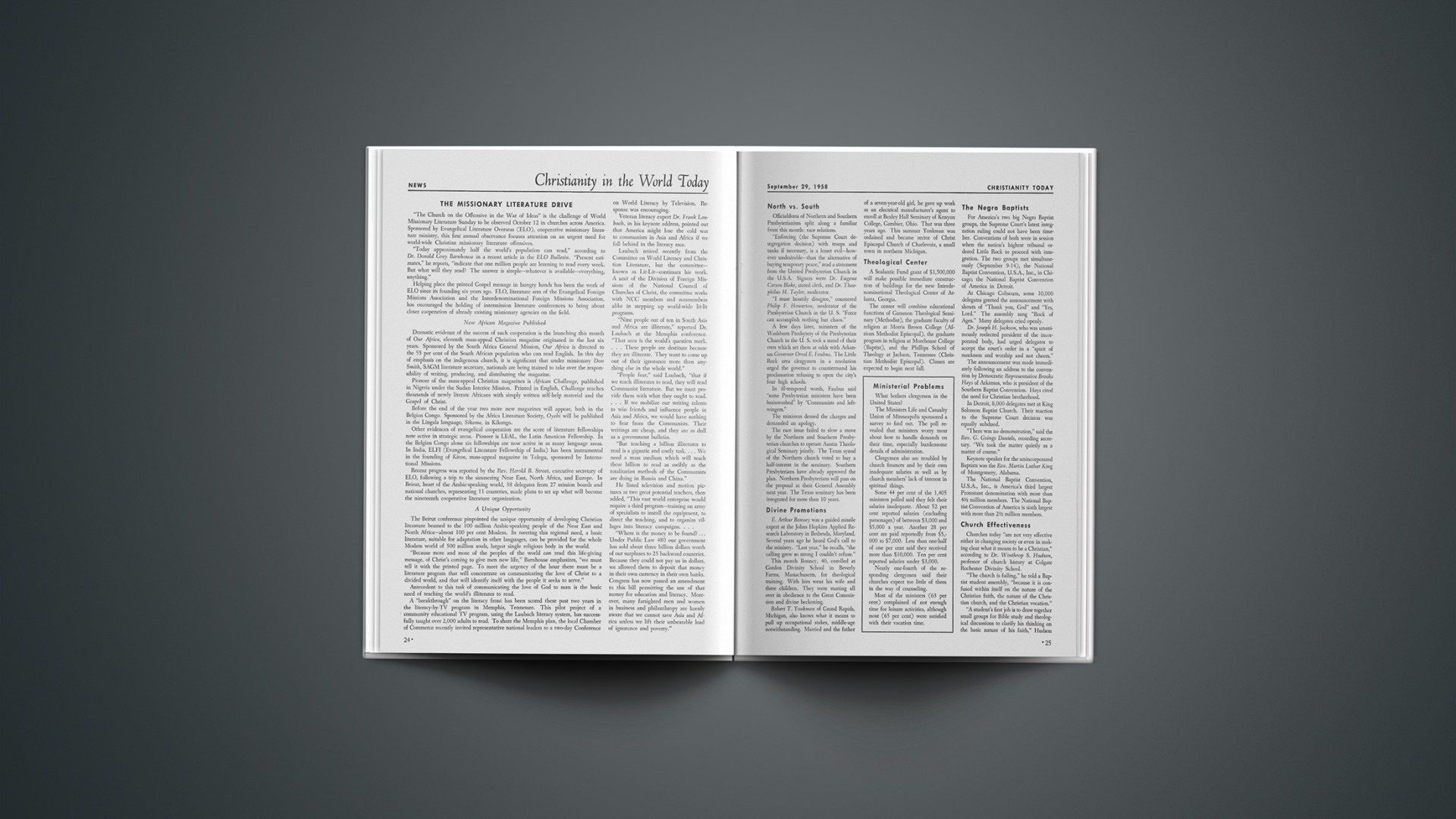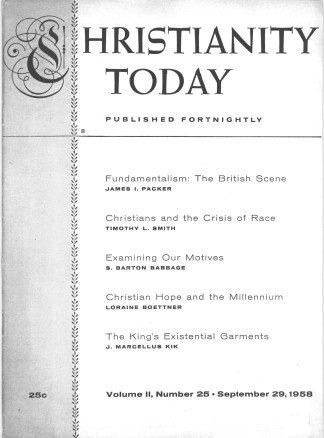Christian faith must translate itself into works. It is not sufficient to lend mental assent to a Christian creed. It is necessary for one’s destiny that the details of life be committed to the person of Jesus Christ. Thus, faith translates itself into Christian experience and action.
Christian faith consists of a body of truth as taught in the New Testament, as expressed in the commonly accepted creeds, and as believed by those who call themselves Christian. Christian faith becomes experience when the individual commits his life to Jesus Christ and acknowledges him to be the Lord of life. Faith is then expressed in life.
Paul And James
In speaking of faith, St. Paul used Abraham as an illustration of one who believed and whose faith was counted unto him for righteousness. He declared that Abraham was justified by faith and not by works. This righteousness was equated with salvation. “By grace are ye saved through faith and that not of yourself; it is the gift of God; not of works lest any man should boast.” On the other hand, James used Abraham as an illustration of one who was saved by works. He declared, “Faith without work is dead. Was not Abraham our father justified by works, when he had offered Isaac, his son, upon the altar? Seest thou how faith wrought with his works, by works was faith made perfect.”
Some have attempted to create a conflict between Paul and James on this subject of salvation by faith or by works and faith. The harmony comes in recognizing that faith is the root and works are the fruit of the matter. Whoever has a justifying faith in God gives evidence of this by obedience. Faith produces love and love is the fulfilling of the law. It is impossible to divorce Christian life from Christian faith.
Hence we are warned to beware of historical faith, or dead faith. This is the kind of faith which the demons have. James said, “The demons also believe, and tremble.” Historical or intellectual faith is that which accepts the Bible, the Gospel and Christ as one accepts history. It is possible for one to believe that Jesus
Christ died by crucifixion outside of Jerusalem in the spring of 29 A.D. and not have it affect his life. This is one of the great dangers which face the Christian church. Historical faith must become experimental faith or it has no value.
Life By Faith
The Bible says, “The just shall live by faith.” This text, found in Habakkuk 2:4 is quoted three times in the New Testament. The first time is in Romans 1:17 where Paul is concerned with the subject of righteousness. Thus, he uses it to prove that man shall become righteous by faith in the propitiation of our Lord Jesus Christ upon the cross. The book of Romans declares that all men are sinners, whether profligate heathen, moral persons, or adherents of religion. He goes on to declare that they cannot be made righteous by any works of the law, but only through justification by faith, a faith that believes that Jesus Christ was sent forth by God to be a propitiation for sin through faith in his blood.
The second time this Old Testament text is quoted in the New Testament is in Galatians 3:11 where Paul is emphasizing the subject of faith over against works. He declares that it is not by works, whether of character, of morality or of religion that men become right with God but only through faith.
The third place where it is quoted is in Hebrews 10:38 where the writer is emphasizing that the just shall live by faith. He then goes on to give in Hebrews 11 many illustrations of walking by faith. The first was Abel who believed God’s word that man could be accepted in His sight only by bringing a blood sacrifice which typified the coming of the suffering Messiah.
The Adventure Of Obedience
When faith is translated into obedience, it provides a sense of adventure, it reveals our trust in the Word of God and it puts a thrill into living. It is this obedience of faith which has marked the lives of missionaries who have gone to the ends of the earth, of reformers who have stood upon God’s word over against the tide of opposition and persecution, and of witnesses who have been faithful unto the Lord’s command,
Harold John Ockenga has ministered to historic Park Street (Congregational) Church in Boston for over 20 years.









